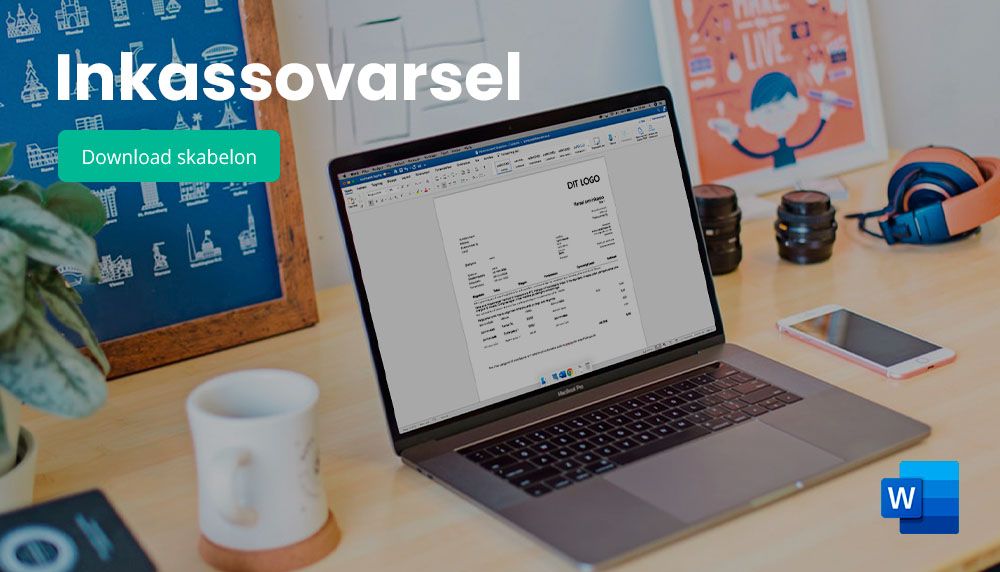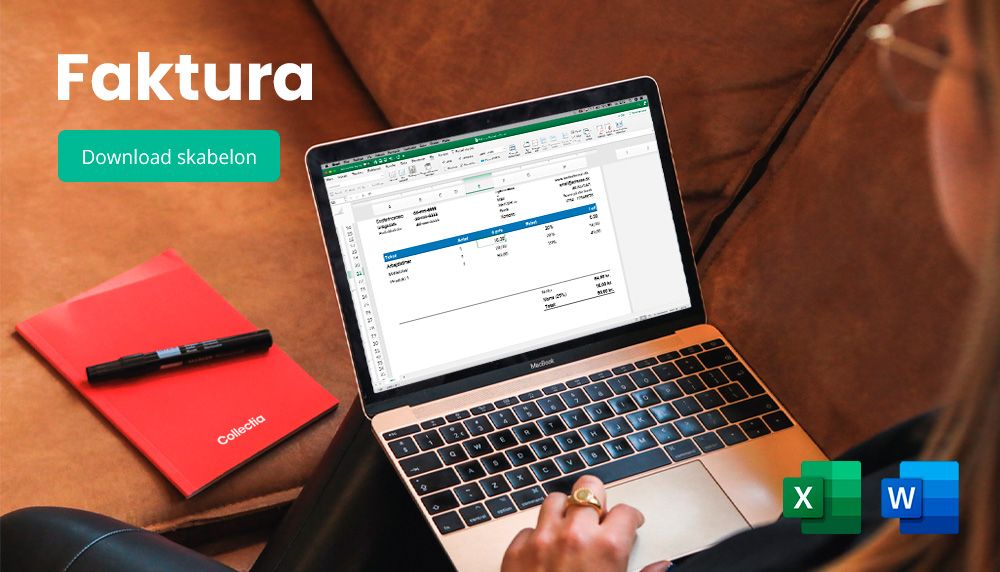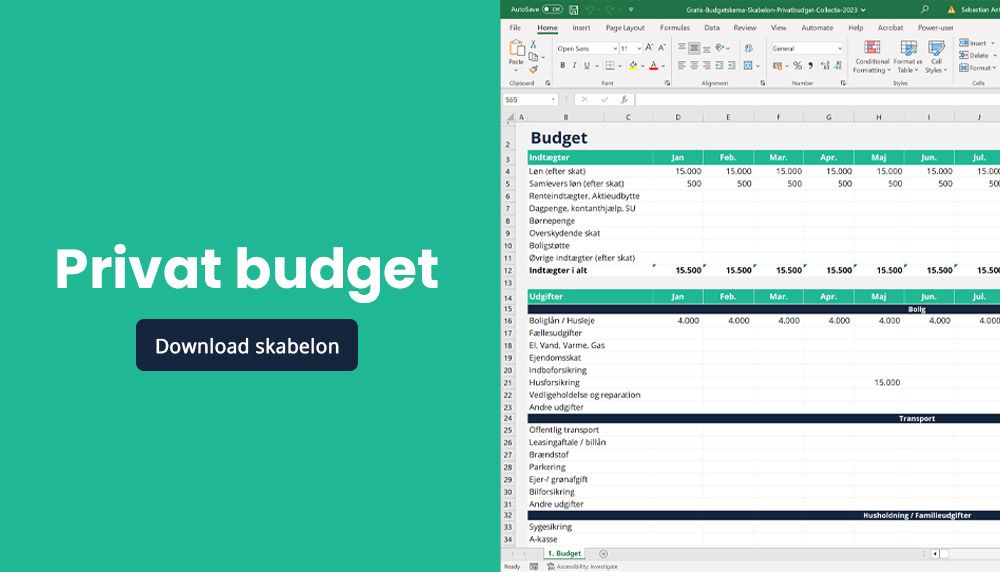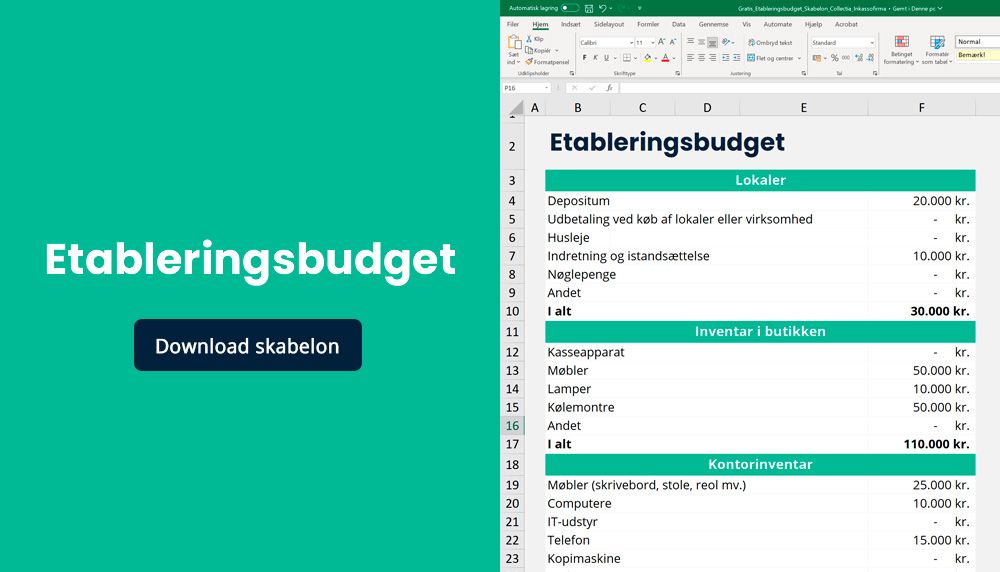
Due date
The due date of an invoice is the date on which an invoice falls due for payment, i.e. the latest date a company/creditor wants payment for its claim.
What is a due date?
The due date of a payment is the date on which an issued invoice or other monetary claim falls due for payment or settlement. In other words, it is the date on which you as a business and creditor last want payment for your delivered products or services.
A company in Denmark is generally free to determine its own credit policy - and thus its payment terms. A company can decide whether a customer must pay when the goods or services are delivered or whether a payment deadline is set, for example, 10 or 100 days in the future.
A company that provides relatively long payment terms, and thus credit, has an inherent risk that the amount will not be paid or will not be paid on time.
In principle, a creditor does not need to have the money in his bank account on the due date, as long as the debtor transfers the amount on the due date. If the debtor and creditor do not have the same bank, the amount will often not appear in the creditor's account until 1-2 days after the transfer. Despite this, the payment deadline, and thus the due date, is legally respected.
What is the difference between due date and payment date?
Many people often confuse the terms due date and payment date, but this is not entirely correct.
In practice, many companies find that the payment is not always made on the same day as the customer makes the payment, as a transaction in the customer's online bank in many cases does not take place until the next banking day (weekday).
Thus, the due date is the date by which the customer must pay the invoice and the payment date is the date on which the money is actually transferred. Depending on the banking relationship, the payment date will vary and as a creditor, you will in principle grant credit during this period from the due date to the payment date.
When has the debtor respected the due date?
The customer has basically complied with his/her obligation to pay if he/she has made the payment on (or before) the due date indicated.
As a business, you cannot expect the customer's payment to be in your account on the due date.
Due date for debt collection
Basically, as a business, you can start demanding payment when you realize that the due date has passed. The creditor is not allowed to demand payment before the due date. However, before a debt collection case starts, a debt collection notice must have been sent, typically from the company itself, the company's debt collection company or the company's lawyer.
As there can be a difference between the time the customer pays their invoice and the time you as a company have the money in your account, it is often a good idea to wait at least a few banking days (business days) before you start a reminder or collection process.
Read also:











